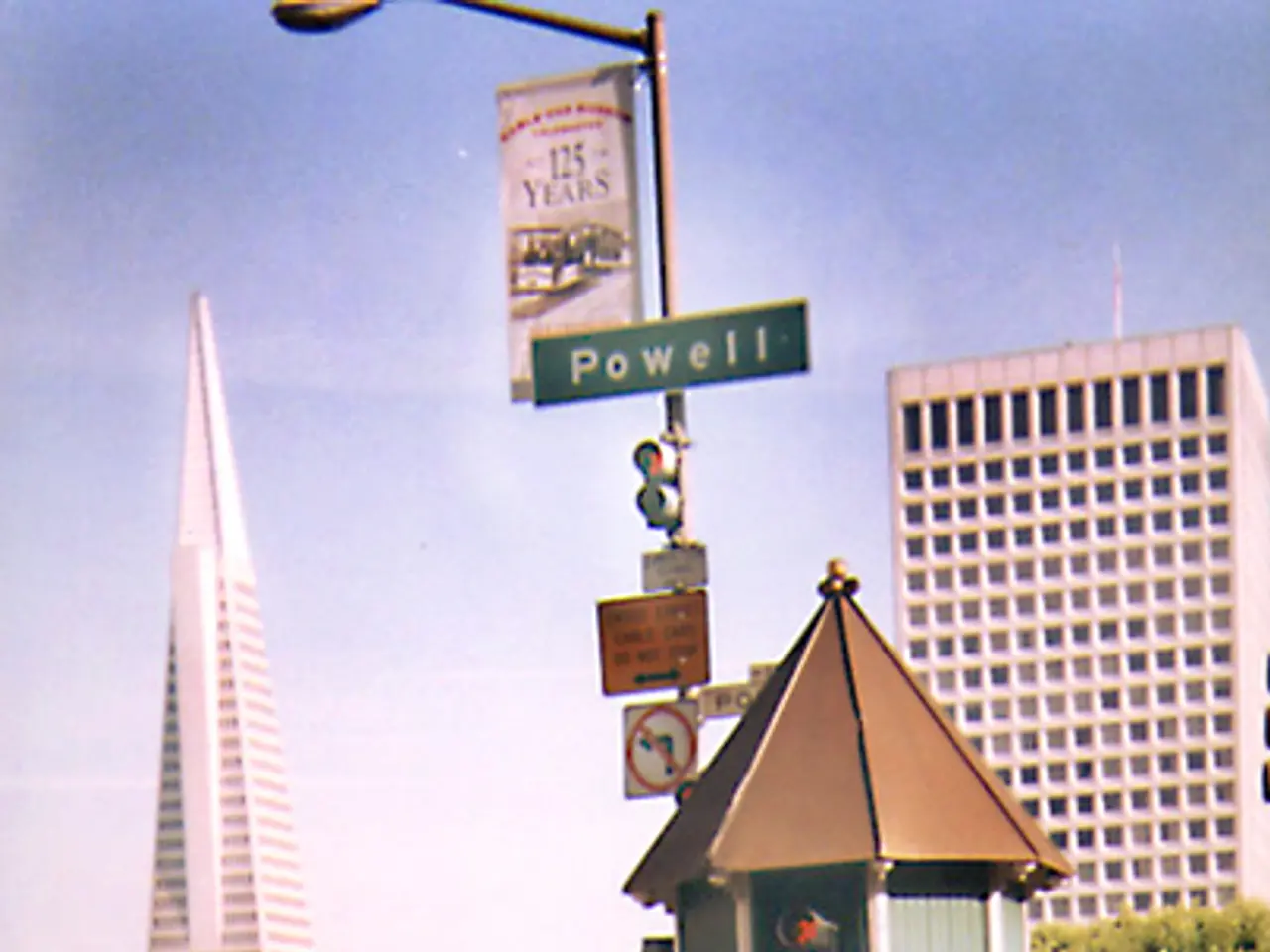Fire Safety Guidelines: Identifying Safe Zones and Actions to Avoid for Safe Fire Interaction
If you find yourself in the unfortunate situation of being near a wildfire in Spain, it's crucial to stay calm and informed. Here are some recommended actions for shelter, self-protection, and clean-up safety post-fire.
Stay Calm and Informed
Keep a radio or phone nearby to receive updates on the fire's location and any evacuation instructions. Follow the instructions given by local authorities like the Guardia Civil.
Evacuate Safely
If ordered to evacuate, do so promptly. Follow designated evacuation routes and stay away from fire areas. Protect yourself from smoke and heat by covering your face and wearing protective clothing.
Shelter Options
Move to the sides of the fire if possible, as this can provide temporary safety. If you cannot evacuate, seek shelter in a location that is not directly in the fire's path, such as a nearby building or a vehicle, if it is safe to do so.
Protect Yourself
Wear protective gear like long sleeves, pants, and closed-toe shoes to shield yourself from heat and embers. Carry a supply of water and non-perishable food items in case you become stranded.
Follow Local Advice
Pay attention to local advice and instructions from authorities like the Guardia Civil on how to proceed in emergency situations.
Stay Aware of Fire Behavior
Be aware of the risks of fire whirls, which can occur in hot, confined areas and are highly dangerous.
Clean-Up Safety Post-Fire
After the fire has passed, take precautions when cleaning up. Wear protective equipment like gloves, goggles, and a mask to prevent injury from debris and ash.
Additional Tips
- Stay hydrated by drinking plenty of water.
- Avoid unstable structures that may have been damaged by the fire.
By following these steps, you can significantly reduce the risks associated with being near a wildfire in Spain.
In the field, flee downhill if it's a mountain or slope, avoiding deep zones and crossing the flames only if there's no other option where the front is weaker. Have a water supply network to extinguish fires in urbanizations or isolated homes. If a fire is small, it can be attempted to be extinguished using water, branches, or earth, but always prioritizing safety.
Be careful with the use of machinery that can generate sparks or electrical discharges. The Directorate General of Civil Protection and Emergencies advises to call emergency telephone number 112 as soon as possible if a fire is encountered.
In urbanizations or isolated homes, have maps of the home or urbanization in visible places, ensure streets are well-signposted, and maintain clean plots without dry vegetation and properly pruned trees. Official communications via television, radio, or internet should be paid attention to, and evacuation orders from emergency services should be followed if received.
Communication with emergency services should be maintained while moving away from the fire. Authorities and fire surveillance, prevention, and extinction professionals should be cooperated with. Do not throw cigarettes, papers, plastics, glass, and other combustible waste. Avoid lighting fires in the field and using matches, even in zones and periods when it is permitted.
Doors, windows, and blinds should be closed to avoid inhaling smoke or letting flames in, and electricity, gas, and diesel supplies should be disconnected. If a fire catches you while driving a vehicle, turn around and go back the way you came, preserving safety. If a fire reaches a house, it's recommended to call 112, stay calm, and remain inside the home. If the fire reaches outdoors, it's recommended to position oneself in already burned areas or lying down, behind a rock or covering oneself with earth.
Park your vehicle in a designated parking area to prevent contact with dry shrubbery. Camp only in authorized places with less vegetation. If living in a rural house, the hose should be used to wet the roof and surroundings, if possible, but not near electrical cables. If clothes start burning, it's best not to run to avoid fanning the flames, but to roll on the ground or cover oneself with a blanket instead.
Contact your regional environmental authority to request the appropriate permit if you need to burn crop residues. If you live near the field, avoid using barbecues. If an injured person is found, they should be kept lying down on their side in a safe place without removing their clothing and 112 should be called immediately. Burned clothing should not be removed once the fire has been extinguished. If a fire is larger, it's crucial to move away in the opposite direction of the smoke, especially downhill if in the countryside or on a mountain.
In the realm of science, understanding the average behavior of wildfires can help in improving health-and-wellness measures, particularly during emergency situations. Regular fitness-and-exercise routines can also boost one's ability to react swiftly and follow safety guidelines if faced with a wildfire.




